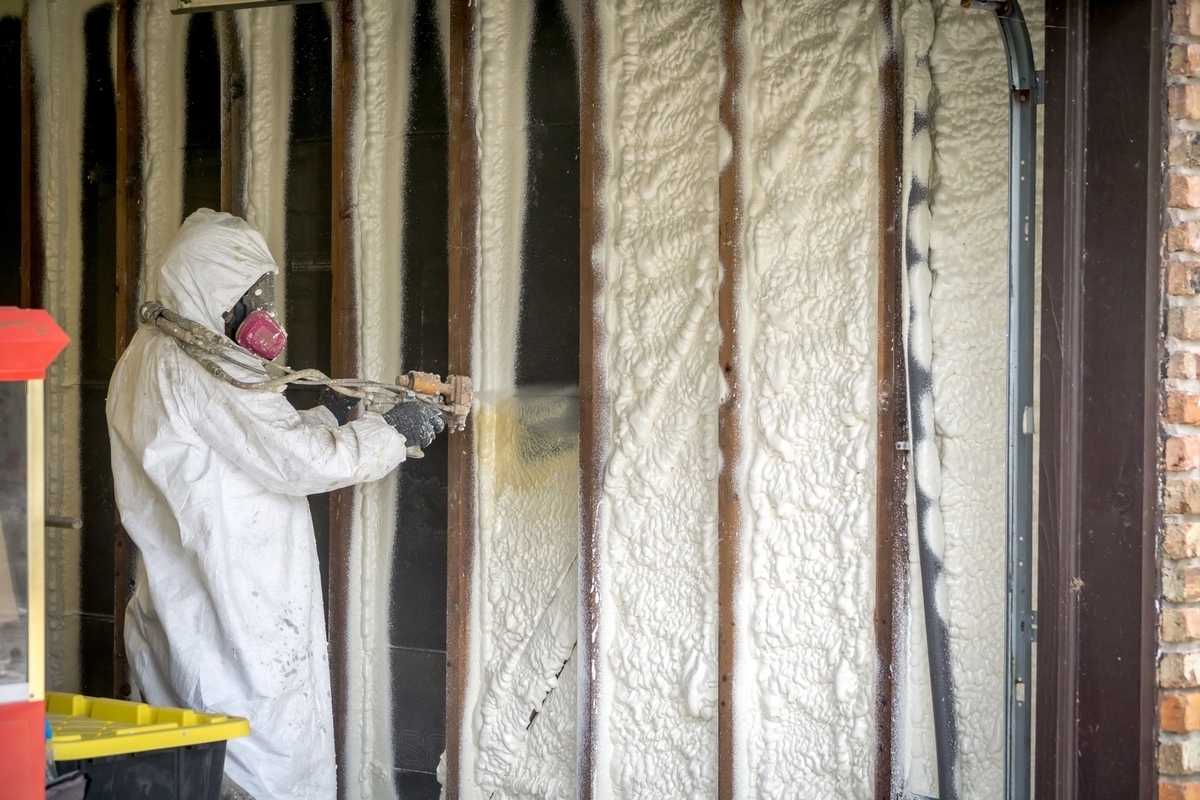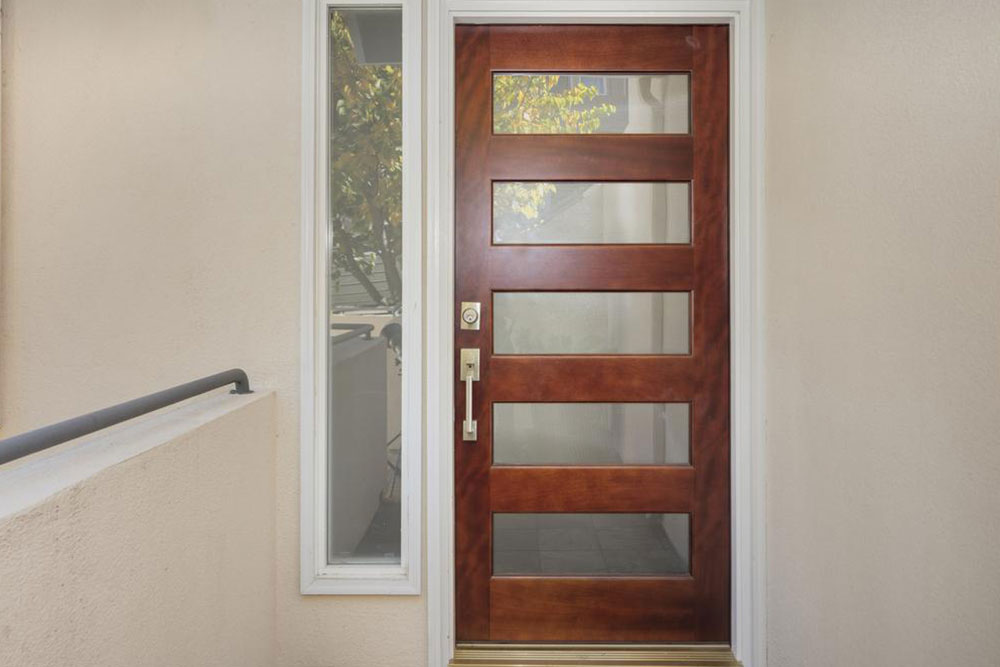Maximizing Energy Efficiency in the UK: The Benefits of Spray Foam Insulation
When it comes to energy efficiency and home comfort, insulation plays a crucial role. Among the various insulation options available, spray foam insulation is rapidly gaining popularity in the UK. This innovative solution not only offers superior thermal performance but also provides a range of additional benefits that make it a compelling choice for homeowners and businesses alike. In this comprehensive guide, we will delve into what spray foam insulation is, its advantages, application methods, and considerations specifically relevant to its use in the UK.

Understanding Spray Foam Insulation
Spray foam insulation is a polyurethane-based material that is sprayed onto surfaces as a liquid, which then expands and hardens to form an insulating layer. Available in two primary types—open-cell and closed-cell foam—it provides versatile and effective solutions for a variety of insulation needs.
Types of Spray Foam Insulation
1. Open-Cell Spray Foam:
This type is characterized by its lighter, more flexible, and porous structure. While it has a lower R-value than closed-cell foam, it is excellent for interior applications like walls and roofs, where breathability is desired.
2. Closed-Cell Spray Foam:
Denser and rigid, closed-cell foam is more efficient due to its higher R-value per inch. It acts as an effective barrier against air and moisture, making it suitable for external applications and areas prone to moisture.
Advantages of Spray Foam Insulation
Superior Insulating Properties
Spray foam insulation offers one of the highest R-values among insulation materials, significantly reducing heat loss during winter and maintaining cooler interiors in summer. This efficiency translates to lower energy consumption and reduced utility bills.
Air Sealing Capabilities
Unlike traditional insulation materials, spray foam expands on application, filling gaps, cracks, and voids. This creates an air-tight seal that minimizes drafts and air infiltration, enhancing overall indoor air quality and comfort.
Moisture Barrier
Spray foam, particularly the closed-cell variety, is highly effective at resisting moisture. This quality not only prevents the growth of mold and mildew but also protects the structural integrity of buildings by deterring moisture-related damages.
Longevity and Durability
Spray foam is known for its longevity and resistance to degradation over time. Once installed, it rarely needs replacement, making it a cost-effective investment in the long run.
Environmentally Friendly
By significantly improving energy efficiency, spray foam insulation reduces the carbon footprint of buildings. Moreover, many modern spray foams are manufactured using eco-friendly techniques and materials, further enhancing their sustainability credentials.
Application Process of Spray Foam Insulation
Professional installation is warranted when applying spray foam insulation, given the complexity and precision required. Here is an overview of the process:
1. Preparation:
The area to be insulated is cleaned and prepped. For open-cell applications, a vapor barrier may not be necessary, while for closed-cell, one might be more appropriate, depending on building codes and environmental considerations.
2. Application:
Using specialized spray guns, the foam is applied to the targeted areas. As it is sprayed, the foam expands rapidly to fill spaces and adheres firmly to surfaces.
3. Curing:
The foam cures quickly, typically within a few hours, forming a solid insulating layer. Professional installers ensure proper ventilation during this phase to mitigate exposure to fumes.
4. Finishing:
Any excess foam is trimmed, and surfaces are finished according to the building requirements, ensuring a clean and polished look.
Considerations for Use in the UK
Climate Factors
The UK’s varied climate conditions—ranging from wet and windy coastal areas to colder inland regions—necessitate insulation solutions that can handle diverse weather patterns. Closed-cell spray foam is particularly beneficial in areas with high moisture levels due to its impermeable nature.
Building Regulations
In the UK, building regulations mandate specific standards for energy efficiency and insulation materials. Spray foam insulation must comply with these norms, including fire safety standards, thermal performance, and environmental impact assessments. Engaging certified installers ensures adherence to these regulations and maximizes the insulation’s effectiveness.
Cost Implications
While the initial cost of spray foam insulation can be higher than traditional options, the long-term energy savings and durability often offset the upfront expenditure. Additionally, many local councils and energy providers in the UK offer incentives and grants for energy-efficient home improvements, including insulation upgrades.
Spray foam insulation represents a significant step forward in achieving energy efficiency and comfort in UK homes and businesses. Its superior insulating properties, air sealing capabilities, moisture resistance, and durability make it an attractive option for those looking to invest in sustainable and effective building solutions. While the installation requires professional expertise and compliance with local regulations, the benefits of spray foam insulation far outweigh these considerations, positioning it as a premier choice for modern insulation needs. With growing awareness and adoption, spray foam insulation is set to play a pivotal role in enhancing energy efficiency across the UK’s built environment.
By embracing innovative solutions like spray foam insulation, homeowners and businesses in the UK can significantly reduce their energy consumption, lower their carbon footprints, and create more comfortable living and working spaces.




